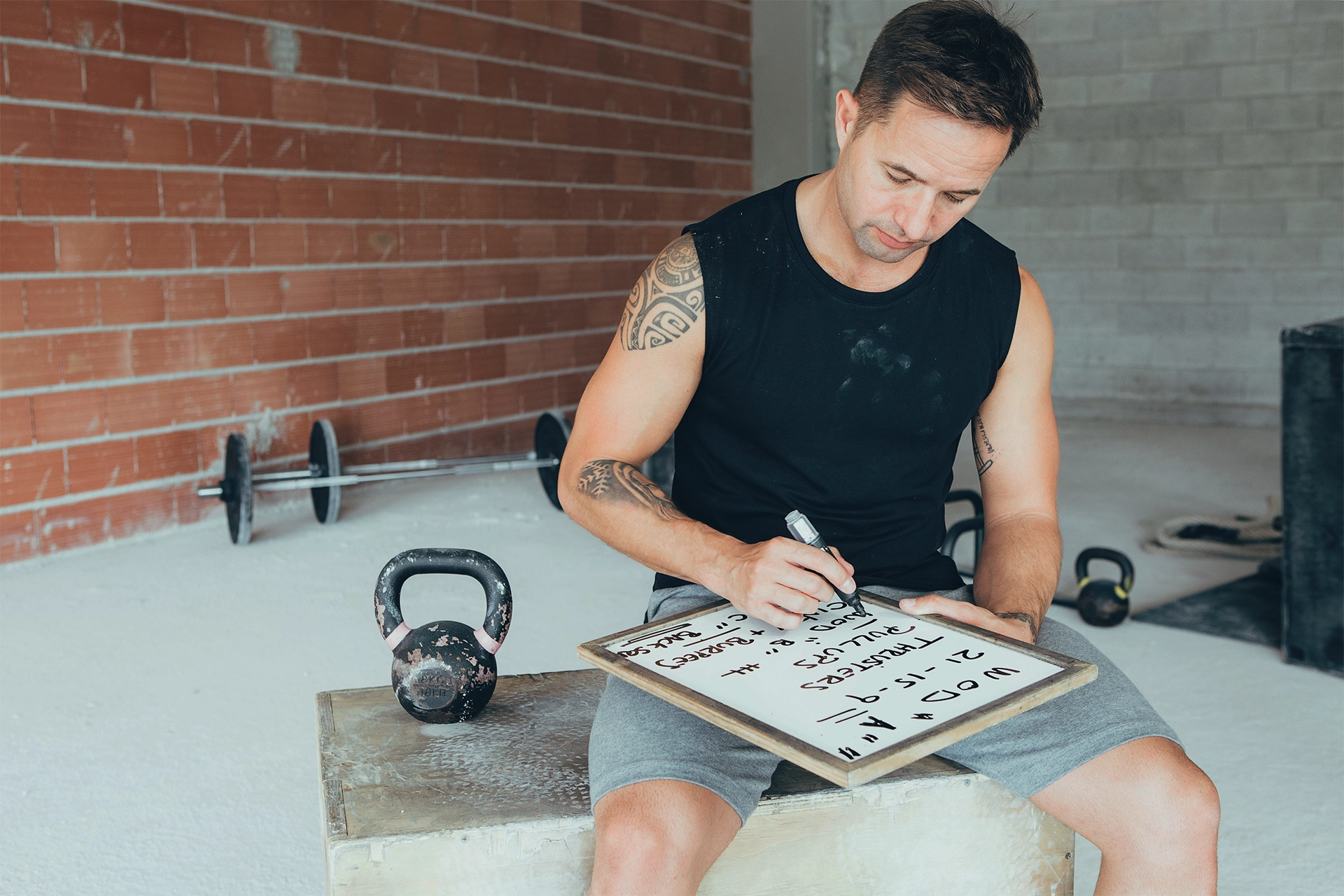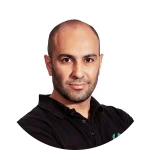Career Longevity
Beyond the Certificate: The Hidden Strength of Great Trainers

While many professions mandate ongoing education, the reality is that actual progress comes from a trainer’s personal drive to learn and improve.
The Need for Continuous Learning
Too often, trainers complete their Certificate III, Certificate IV, or Diploma and immediately shift focus to generating income. While financial stability is important, relying solely on initial qualifications is risky. The fitness industry is crowded, and without a clear point of difference, it is difficult to stand out.
More importantly, trainers work directly with people’s health, fitness, and wellbeing. Clients who hire a trainer often feel nervous, intimidated and, above all, concerned about safety. Unfortunately, standard qualifications do not always provide sufficient depth to ensure safe and effective programming. That is why continuous education is critical: it sharpens skills, reduces the risk of client injury, and builds trust.
Learning from Experts
As the saying goes, ‘There is nothing better than learning from someone obsessed with their subject’. Choosing courses developed by true experts – those who have dedicated years to research and practice – gives trainers access to proven systems and insights. Instead of reinventing the wheel, professionals can apply these tested frameworks in areas such as strength training, boxing, bodyweight exercise, and conditioning.
The right education not only saves time but also enhances session quality, boosting client results and overall satisfaction.

Building a Habit of Professional Growth
Professional development should be structured and consistent. A simple yet effective strategy is to commit to learning at least once per quarter, every six months, or annually (at a minimum). Allocating a budget to personal growth ensures progress does not stall.
When trainers invest in quality education, they leave these courses empowered, motivated, and equipped with new tools to apply. This personal and professional growth translates into added value for clients. Sharing these achievements openly, whether in conversation or on social media, also demonstrates commitment to staying current. Clients respect trainers who continually update their knowledge, and they often share this with friends and peers, enhancing their reputation and credibility.
The Role of Formal Education versus Informal Learning
Crucially, trainers should not limit themselves to fitness-only education. Courses in business, sales, and communication can be just as valuable. Soft skills, such as public speaking, client communication, and presenting, are often overlooked, yet they play a crucial role in achieving success.
Staying Ahead of Change
The health and fitness field evolves rapidly. Research updates, training methods shift, and client expectations change. Trainers who stay informed through trusted sources, books, and ongoing education position themselves ahead of the curve, offering clients the most up-to-date and practical guidance.

Conclusion
Professional development is more than a box to tick; it is a mindset. Trainers who continually invest in learning elevate their expertise, strengthen client relationships, and build sustainable careers. By taking education seriously, both in technical skills and soft skills, trainers not only protect their clients but also ensure they remain relevant, respected, and successful in an ever-changing industry.
Key takeaways
| Commit to a schedule | Schedule in your education, whether it's quarterly, half-yearly or at least yearly. |
|---|---|
| Budget for growth | Set aside a percentage of your income for professional development. |
| Diversify learning | Balance fitness certifications with courses in business, sales, and communication. |
| Learn from true experts | Choose educators with proven experience in the field. |
| Mix formal and informal education | Use social media and books to supplement structured courses. |
| Celebrate your education | Share your learning journey with clients and on social media. |
| Practice soft skills | Work on your presenting, coaching communication, and client rapport. |
| Stay curious | Read research, listen to podcasts, and follow reputable sources regularly. |
| Apply what you learn quickly | Implement new techniques in your sessions so knowledge sticks. |
| Think long-term | Continuous education is not an expense; rather, it’s an investment in your career longevity. |


Hays Daewoud
Hays is the founder and CEO of Australian Combat & Exercise. He has 37 years of martial arts experience. Hays was inspired to enhance boxing education after witnessing unsafe practices in the industry, so he partnered with sports scientist Dr. Luke Del Vecchio to create the Boxing CS3 Course, which emphasises technique and progression. Since then, Hays has expanded course offerings to include strength conditioning, bodyweight training, breath work, and more. He actively refines his practice and presents seminars both nationally and internationally in the health and fitness sectors.